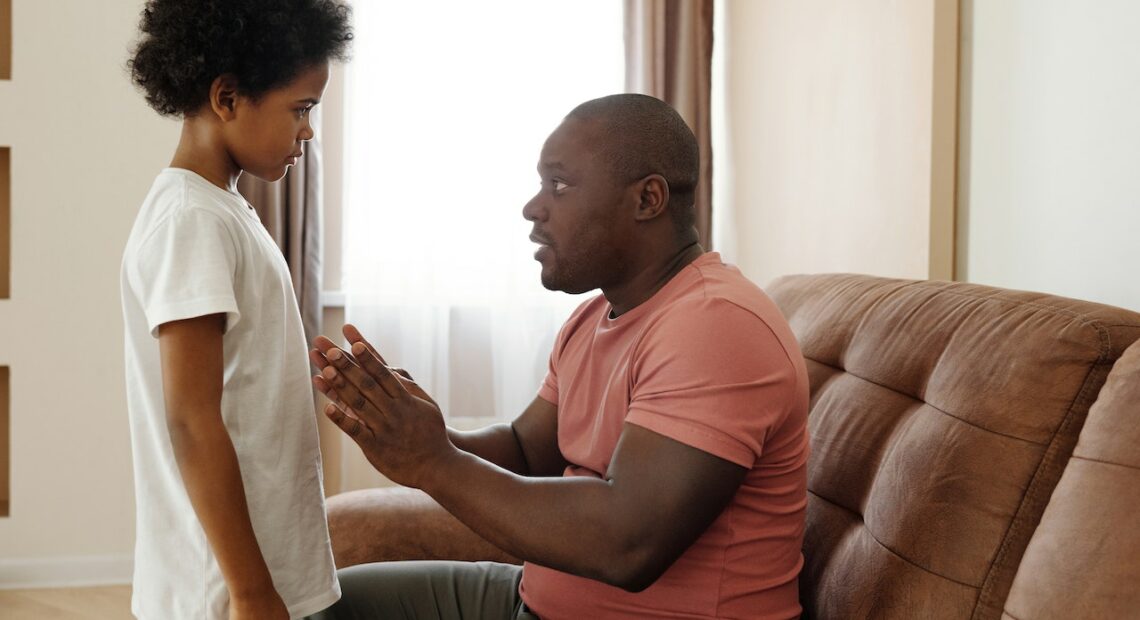A Guide for Millennial Parents on Discussing Sex Education at Home

As millennial parents, we have grown up in an era where discussions about sex and sexuality have become more open and inclusive. Understanding the importance of comprehensive sex education, it is crucial for us to pass on this knowledge to our children. By having open and age-appropriate conversations about sex at home, we can empower our children to make informed decisions, foster healthy relationships, and promote their overall well-being. In this blog, we will provide a guide for millennial parents on discussing sex education with their children.
- Start Early: Sex education is not a one-time conversation; it is an ongoing process that should begin early in a child’s life. Start by addressing basic body parts, boundaries, and consent. Use correct anatomical terms when talking about body parts, and emphasize the importance of respecting personal boundaries.
- Create a Safe and Judgment-Free Space: Ensure that your child feels comfortable discussing sexuality and asking questions. Create an open environment where they can freely express themselves without fear of judgment. Be patient, understanding, and respectful when answering their questions.
- Age-Appropriate Information: Tailor the information you share based on your child’s age and maturity level. Younger children may require simple explanations about where babies come from, while older children can be provided with more detailed information about puberty, reproductive systems, and safe sex practices. Use books, videos, and other resources specifically designed for each age group.
- Teach Consent: Incorporate discussions on consent from an early age. Teach your child the importance of giving and receiving consent in all aspects of their lives. Explain the concept of boundaries and help them understand what is appropriate and inappropriate behavior.
- Discuss Healthy Relationships: Sex education is not just about the biological aspects; it also includes teaching children about healthy relationships. Talk about respect, communication, empathy, and the importance of setting boundaries within relationships. Teach them about red flags for unhealthy relationships and encourage open communication if they have concerns or questions.
- Address Online Safety: In today’s digital age, it is crucial to educate children about online safety. Discuss the potential risks of sharing personal information online, the importance of privacy settings, and the consequences of engaging in inappropriate online behavior. Teach them about the potential dangers of sexting and the importance of consent in virtual interactions.
- Be Honest About Values and Beliefs: While discussing sex education, it’s important to share your own values and beliefs, but also emphasize that different people may have different perspectives. Encourage critical thinking and open dialogue, allowing your child to form their own opinions while respecting diverse viewpoints.
- Stay Updated and Seek Support: Sexuality is a complex topic that evolves over time. Stay informed about current research, trends, and changes in sex education. If you feel unsure or uncomfortable discussing certain topics, seek support from professionals, such as educators or healthcare providers, who can provide accurate and age-appropriate information.
Conclusion: By initiating open conversations about sex education at home, millennial parents can equip their children with the knowledge and skills needed to navigate their sexuality and relationships confidently. Remember, sex education is a lifelong process, and your support and guidance will play a crucial role in shaping your child’s understanding of themselves and the world around them.
Picture Courtesy: Google/images are subject to copyright








